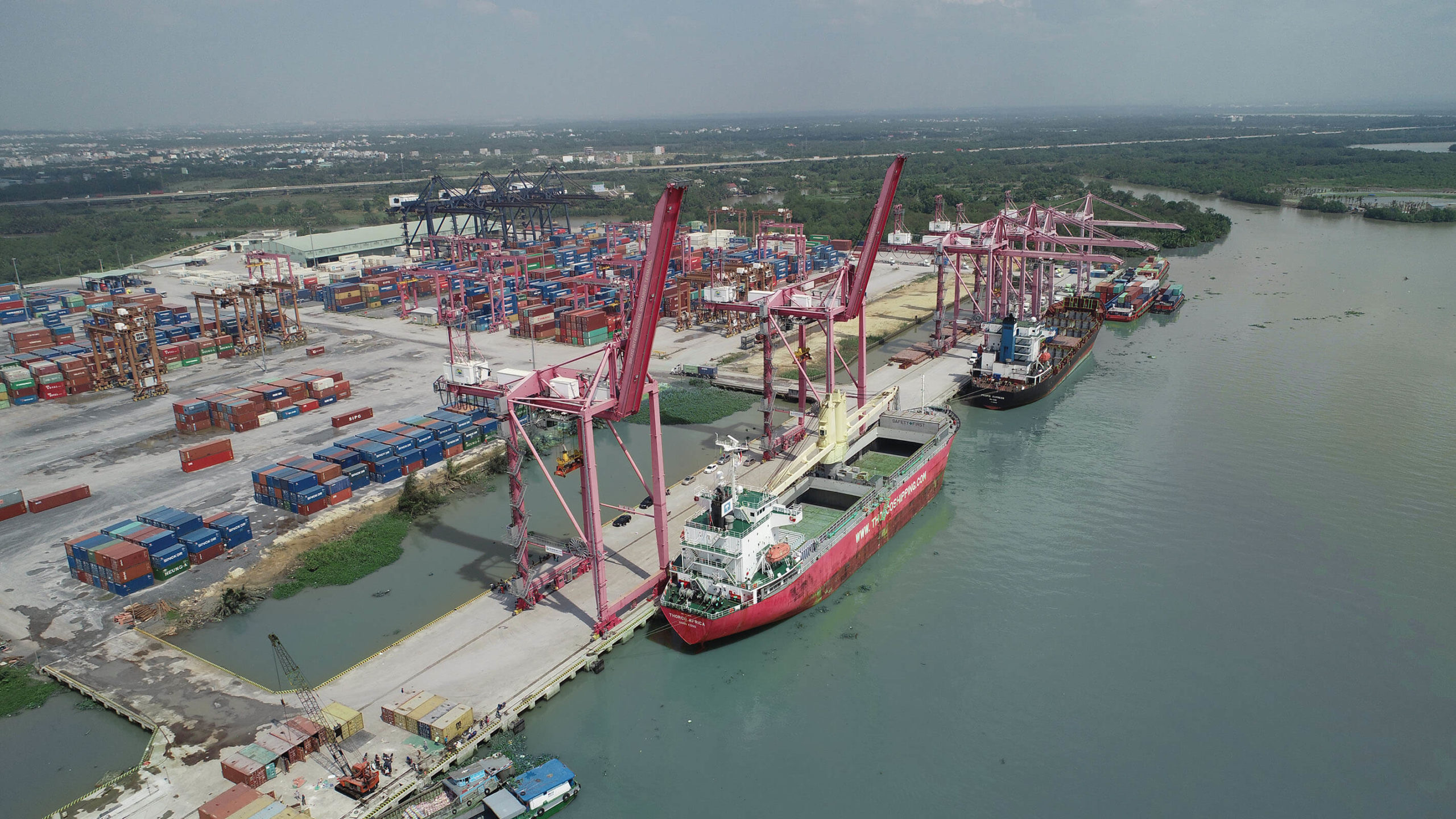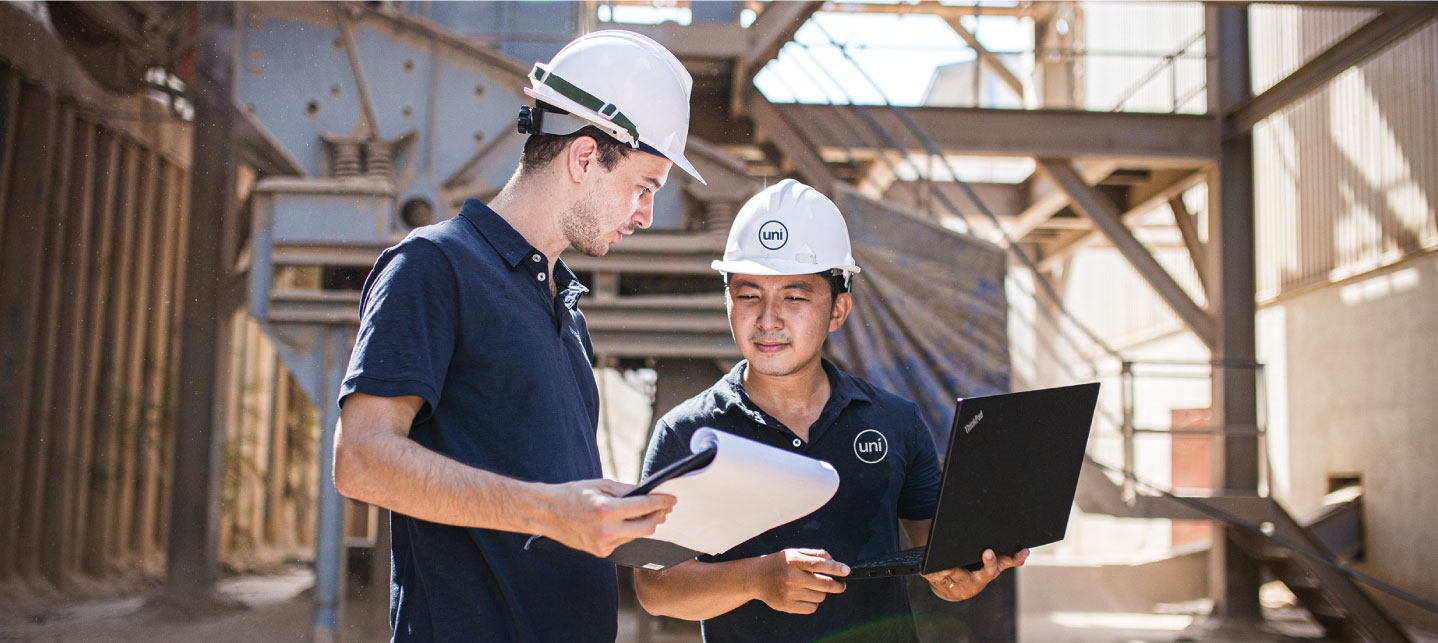- 2005 inauguration
- 15+ years’ experience
- 7 production plants
- 24 warehouses
Our Story
Uni Export is a leading Asian biomass and renewable energy group, operating across the full value chain of sustainable forestry, biomass products, renewable power, trading, and industrial real estate.
Consolidating a strong manufacturing footprint in Vietnam, Uni Export operates six production plants across the Northern, Central, and Southern regions, supported by six expansion projects currently under development. With annual biomass production approaching two million metric tons, the company stands among Asia’s market leaders. The Group also owns and operates six industrial real estate leasing projects, totaling approximately 37 hectares, alongside two solar rooftop power stations with a combined capacity of 6 MW.
Beyond manufacturing and infrastructure, Uni Export actively manages and supports sustainable forestry and plantation projects covering more than 40,000 hectares, reinforcing responsible sourcing and long-term resource stewardship, ensuring material source for its production.
Backed by over 20 years of industry experience and a team of more than 500 employees, Uni Export works closely with leading partners across Japan, South Korea, Europe, and other global markets. Through its integrated platform, the Group is committed to delivering reliable supply, supporting the energy transition, and contributing to the shared goal of net-zero emissions.
We source raw material from legal and certified sources while ensuring safe and healthy working environments for all.









